Mental Health Awareness Week: Meet our School Counsellor
This week is Mental Health Awareness Week, led by the Mental Health Foundation, which involves a series of events and discussions around mental health. As part of this, The Royal Ballet School will be holding talks at the Upper School and White Lodge centred on coping with mental health issues, particularly during adolescence and whilst undergoing a rigorous training programme.
In Issue 9 of our newsletter Encore, we spoke to new School Counsellor, Chavi Sufrin about her work to support the mental health of our students.
Here is the interview in full:
Meet our School Counsellor
In September 2016, we began implementing our Healthy Dancer Programme, a major new initiative which places The Royal Ballet School at the forefront of training pre-professional classical ballet dancers. Inspired by the team of health professionals who support The Royal Ballet, our clinical team is working closely with the artistic team to build more robust dancers who will be better equipped to cope with the physical, psychological and emotional demands of their elite athletic training. This has involved the refurbishment and re-equipping of our gyms, creation of Pilates studios and the recruitment of nurses, physiotherapists, sports scientists, Pilates and body conditioning instructors and most recently an in-house School Counsellor, Chavi Sufrin.
What is your role as a Counsellor?
I’m an integrative therapist, so part of what I do is utilise CBT (Cognitive Behavioural Therapy) techniques to rework thinking to become more constructive, rather than destructive. What I also do is help people figure out who they are, what’s important to them and what feels comfortable for them emotionally. It’s about finding who they are as a whole person and learning ways to cope with situations that feel difficult, whether it’s through thinking or feeling. The aim is to not stay in therapy but to support the young people to cope with challenges on their own.
What techniques do you use?
My training uses creative therapeutic methods as well as traditional talking therapy. I have a range of creative tools for the young people to use, if they choose. I use sand tray therapy, either simply for the therapeutic feel of the sand or to create art and movement. I also use a range of tools for artistic expression including painting, drawing and making things.
The idea behind this practical approach is that sometimes we find it difficult to use words to express emotional anguish we experience, so we use creative materials to express our emotions through metaphor, colour and image. Many people find this an easier way to communicate what’s going on underneath, and this can be particularly helpful to our young artists.
Some students utilise this practical approach more than others but my goal as an integrative therapist is not to work in the same way with every person who comes to see me. It’s about utilising different methods and interventions to suit the individual person, selecting a method that will be most helpful to them.
How often are you available to students?
I’m at White Lodge on a Wednesday and the Upper School on a Thursday. All appointments are full on both days, which means the students have really engaged in the programme from the start.
How do students arrange to see you?
Students come to see me in a number of different ways. They can self-refer, if they decide that they would like to speak to someone. When I first started, I sent an email to all students with a self-referral form, so they can contact me directly.
I also run a drop-in session during breaks and lunchtimes where students can come for a chat without an appointment. That chat can be a one-off or it can be the way for students to find out more about how we can help and to arrange appointments for more ongoing support.
All staff at the school are also empowered to make referrals, whether that’s the nurse, house-parents or teachers. So far, students have come to see me through all of these different routes.
Where does your work fit within the Healthy Dancer Programme?
What we aim to do as part of the whole Healthy Dancer programme, is to normalise mental health and the approach to mental health, both in self-care and seeking help from others.
The message we want to get across to everyone in the school is that, if you’re a dancer and you’ve hurt your foot, you get medical help either by visiting a nurse or a physio. We want to express to the young people is that if something feels emotionally difficult, either you’re feeling sad or overwhelmed, you come and see the counsellor. We want to break down the division between physical and mental well-being and encourage the same motivation to seek help for emotional problems as physical.
How do you think the school benefits from having an on-site School Counsellor?
I think it’s important that all young people have the opportunity to speak to somebody. With a child attending boarding school, it’s not always possible for their parents to be as involved as they might like to be in the emotional side of their child’s well-being. I hope it’s a comfort for them to know that there is this additional support service available.
Why is it important to support the emotional needs of dancers?
To be involved in such a rigorous and exceptional dance programme takes a huge amount of drive and effort from the young people. We need to remember that it’s not just physical effort – it’s emotional and psychological effort that goes into achieving the extraordinary feats to which they aspire. I am pleased now that there is a focus on the psychological implications of all their hard work and what we can do to support them.
How do you help the students during adolescence?
We’re looking at a whole person. It’s a young person who is working hard to become a dancer but they’re also a young person figuring out who they are and struggling with all the same things other young people do. Although we often focus on the struggles that young people go through, they’re also incredibly resilient and are able to face enormous challenges really well. It’s my job to support our students during their period of personal growth, rather than to fix anything.
What do you hope for the future of your role at the school?
First of all, I think it’s really exciting what’s happened in such a short time already. I only joined in September and from having no counselling service, we now have two full days where all the appointments are filled. I feel glad that the young people are utilising the service. I’m hopeful that we can continue to build it and offer even more appointments. I’d also like to introduce groups into the school that deal with particular themes during especially stressful points in the year. We could start groups around managing stress, relaxation and mindfulness. I would also like to encourage more general awareness around particular mental health topics. For example, self-care in those areas and how you could notice and seek help for struggles experienced by your peers.
I’d like to encourage the idea of managing mental health support using a whole school approach, as a way of taking care of the whole dancer.
You can get involved with Mental Health Awareness week by searching for local events online at mentalhealth.org.uk and join the discussion on Twitter using the hashtag #MHAW17

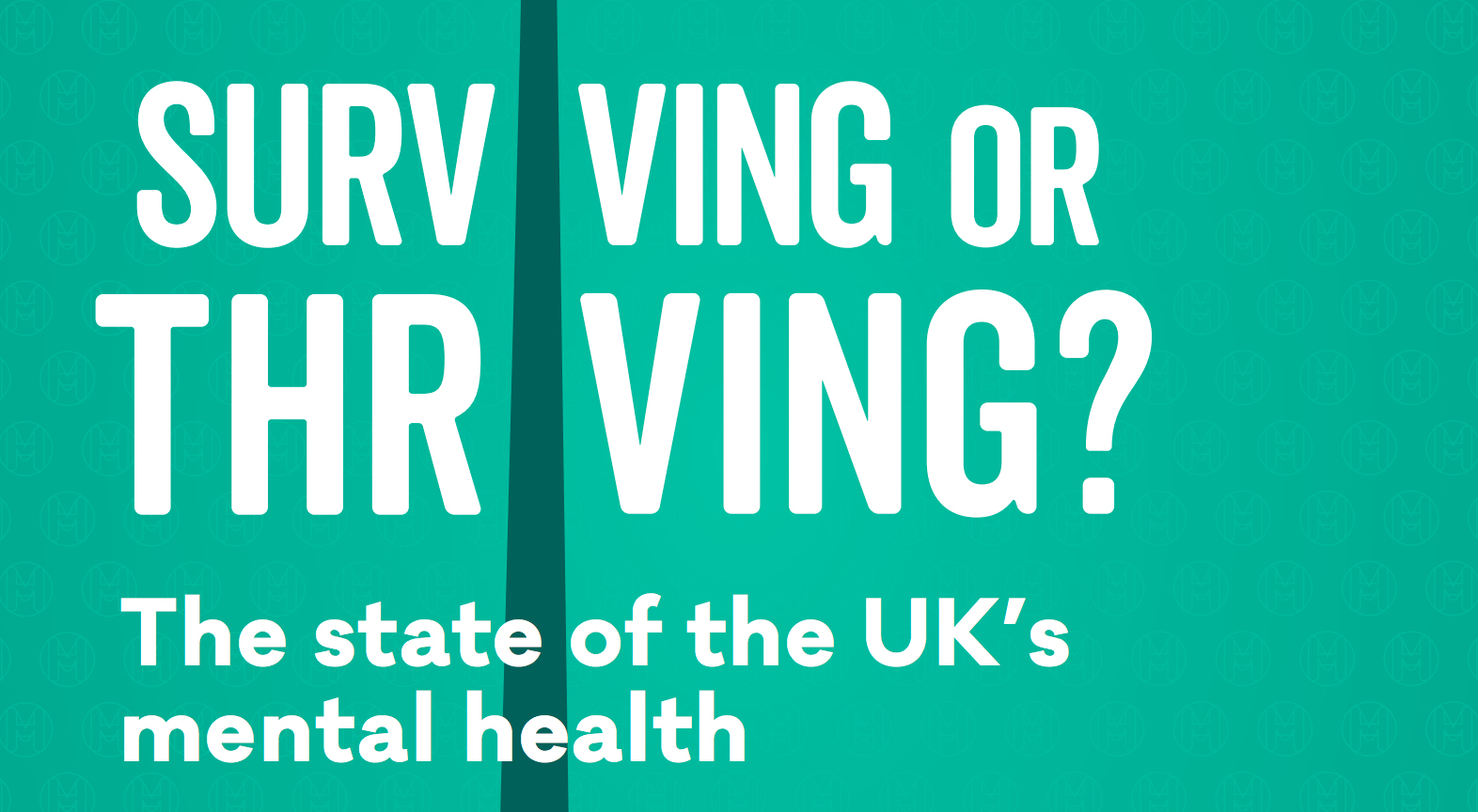

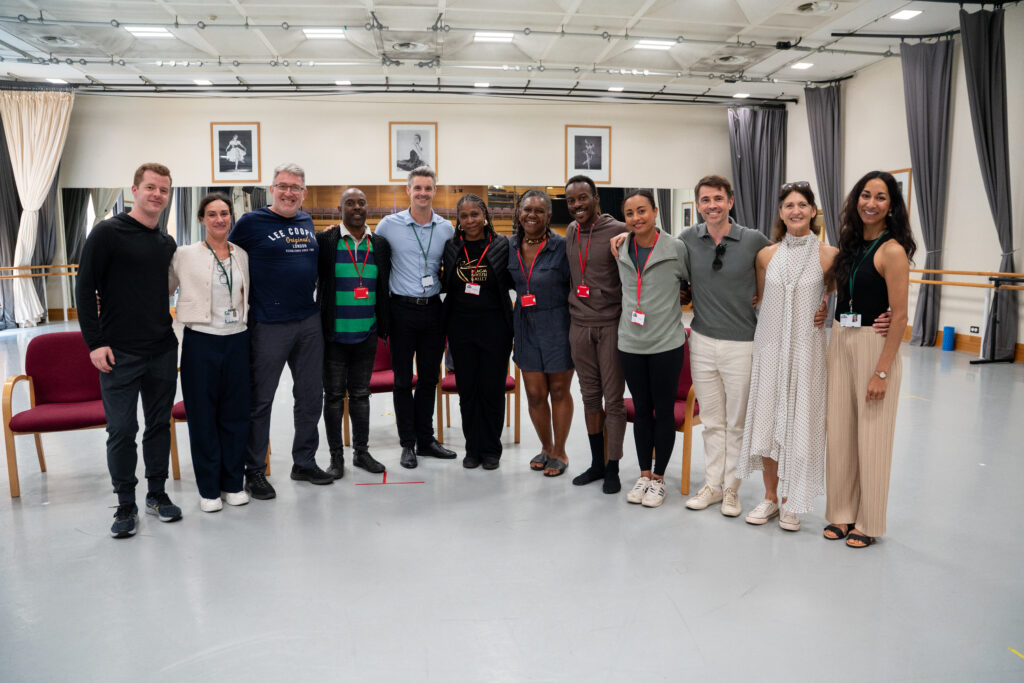
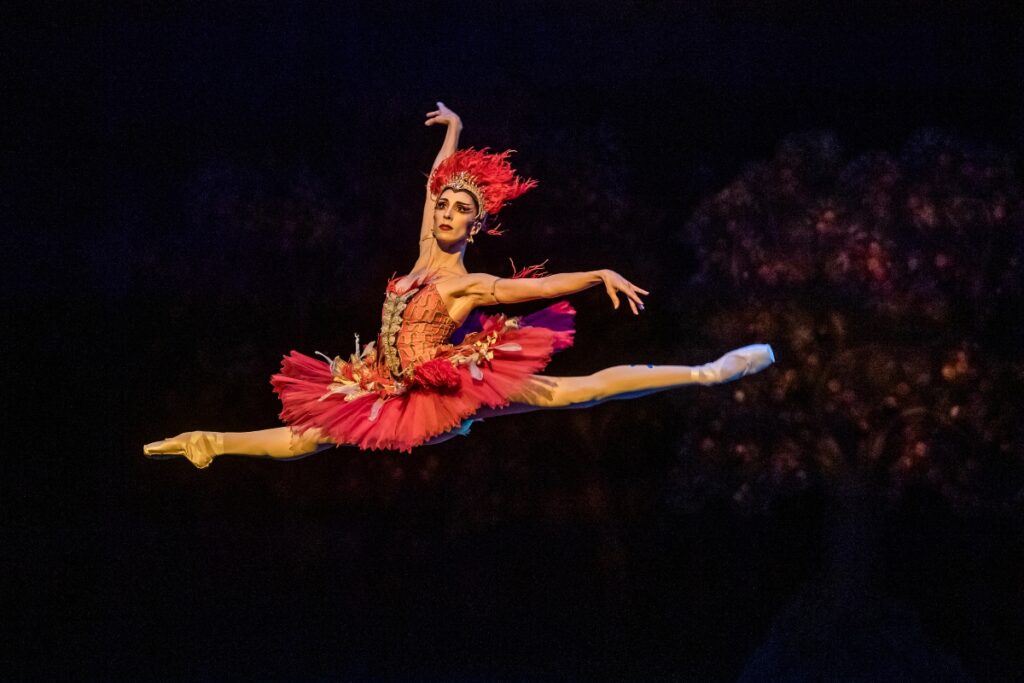
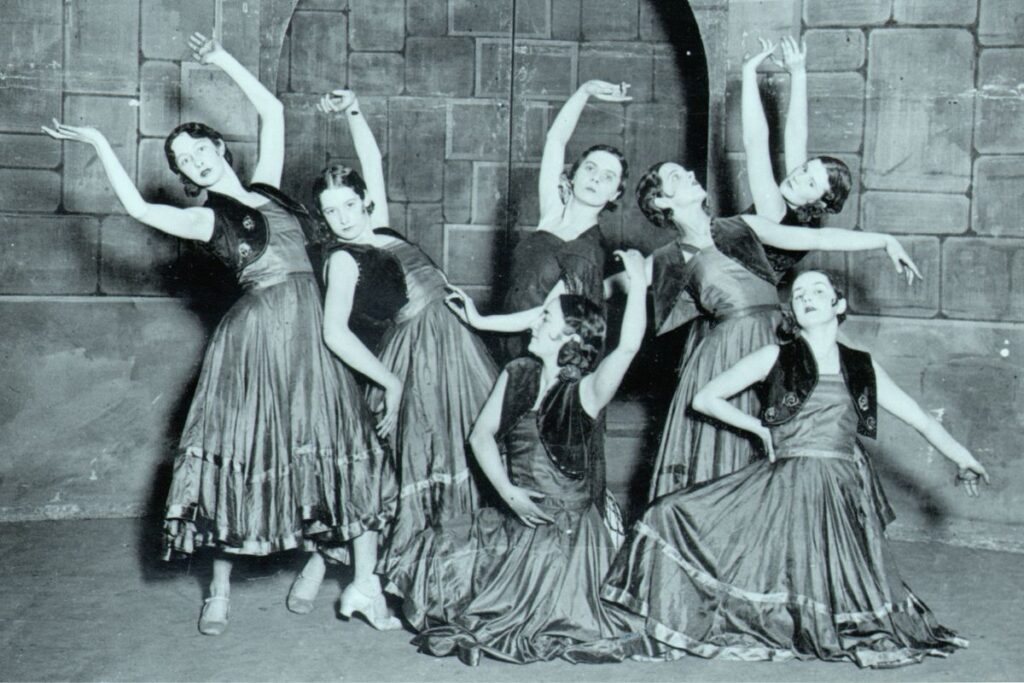
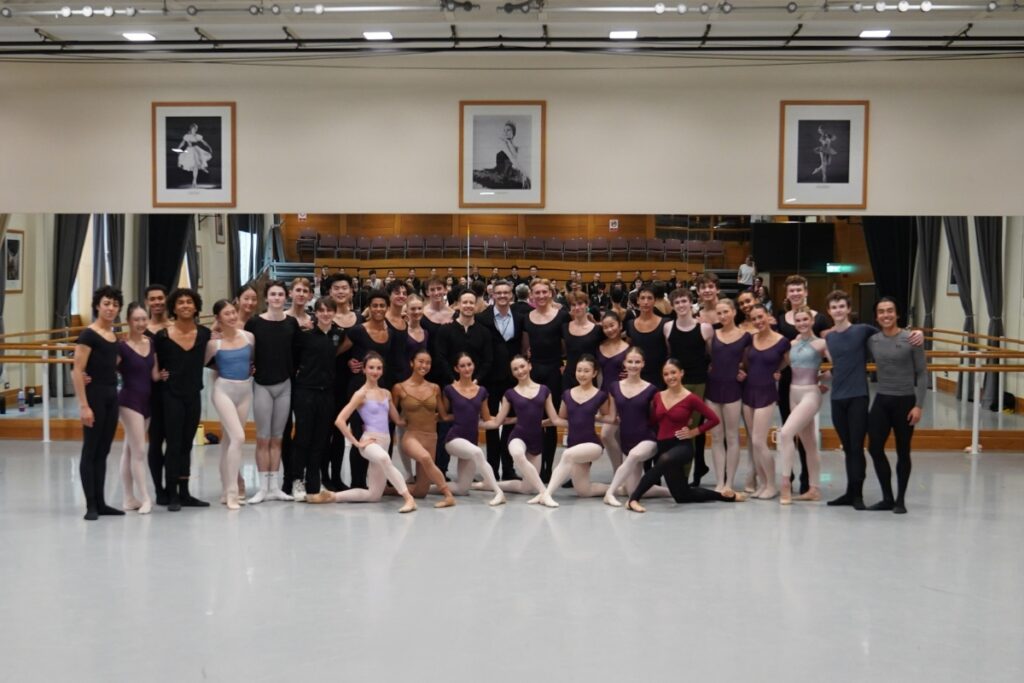
It is brilliant that the RBS has formulated this mental health support for the students.
Normalising talking about mental health issues is so important for students as these are the people who will spread the word when they become professional, with a bottom up approach in breaking the mental health stigma in ballet companies around the world.